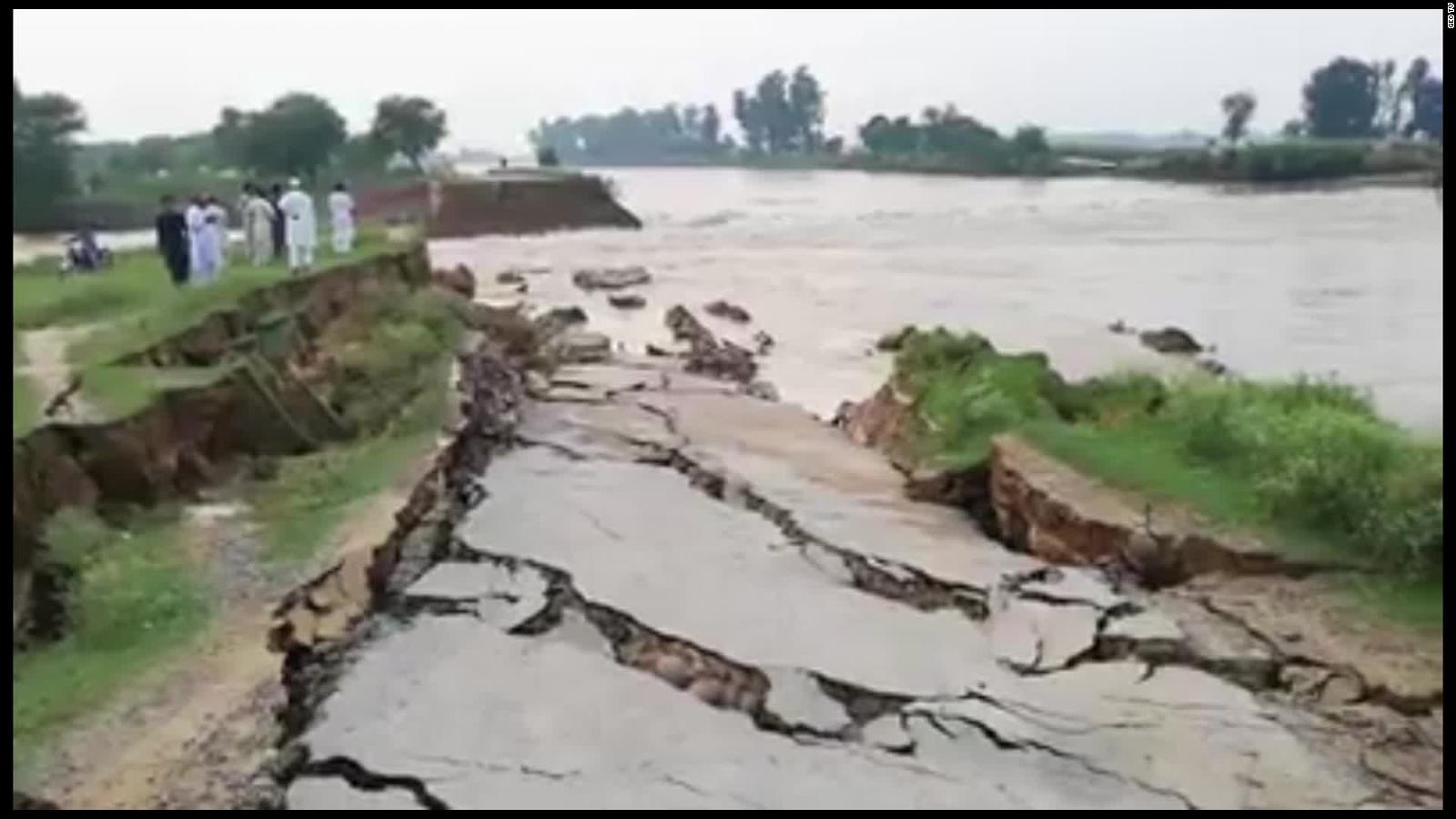A moderate earthquake measuring 5.8 on the Richter scale struck Pakistan on Wednesday, according to the German Research Centre for Geosciences (GFZ). The quake, which occurred at a depth of approximately 10 kilometers, had its epicenter located at 29.77 degrees north latitude and 65.36 degrees east longitude.
While tremors were felt in major cities like Islamabad, there were fortunately no immediate reports of casualties or significant damage to infrastructure. Pakistan's National Seismic Monitoring Centre (NSMC) later clarified that the epicenter was actually situated within the Indian region of Jammu and Kashmir, at a much deeper depth of 133 kilometers.
Earthquakes are a frequent occurrence in Pakistan due to its location on the seismically active Eurasian plate. Earlier this year, the country experienced a stronger tremor of 6.8 magnitude. The deadliest earthquake in Pakistan's history struck in 2005, with a devastating 7.6 magnitude that tragically claimed over 74,000 lives.
Following Wednesday's quake, Pakistani authorities advised citizens to remain calm and follow established safety protocols. The National Disaster Management Authority (NDMA) is currently assessing the situation and monitoring for any potential aftershocks.
While this particular earthquake caused no major harm, it serves as a vital reminder of Pakistan's vulnerability to seismic activity. The country's mountainous regions are particularly susceptible to strong ground movements, highlighting the need for continued investment in earthquake-resistant infrastructure and public education on safety measures.
Geologists emphasize the importance of adhering to building codes designed to withstand seismic tremors. These regulations are crucial for safeguarding lives and minimizing property damage during earthquakes. Additionally, regular public drills and educational campaigns can significantly improve preparedness in the event of a large-scale earthquake.
Pakistan's experience with past earthquakes underscores the significance of disaster preparedness. By prioritizing earthquake-resilient construction and fostering public awareness, Pakistan can be better equipped to manage the risks associated with its geographical location.

